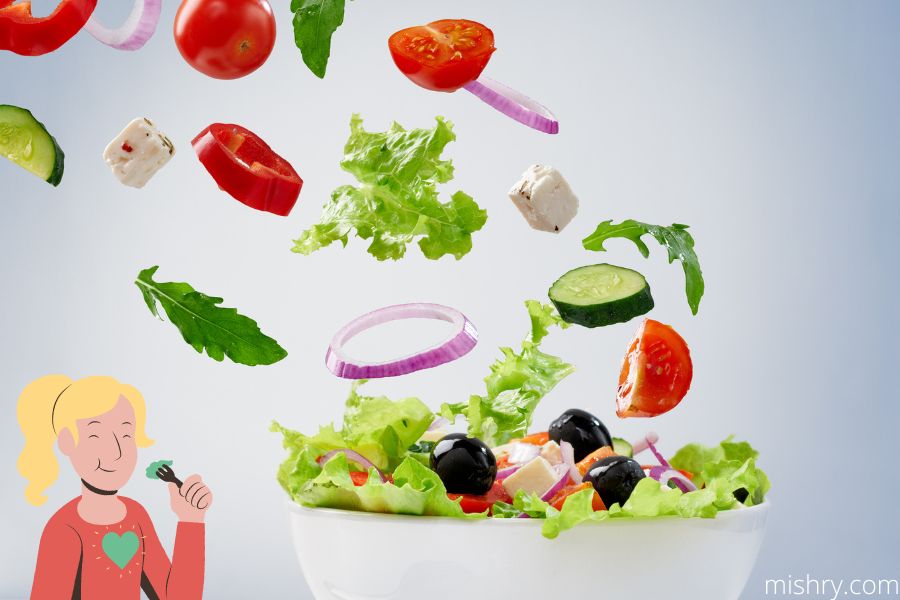Marking the end of the holy month of Ramadan, we have Eid Ul Fitr. It falls on the 21st of April in 2023. After an intensive thirty days of observing the fast, the Muslim community has a three-day long celebration where they feast with their favorite delicacies, spend time with family, and have a good time in general.
However, before wolfing down on Sheer Kurma and the barbeque, there are certain rules to be followed, certain rituals to be performed. This article lists all there is to know, so you don’t miss out on anything.
Table of Contents
Recommended Acts on Eid Ul Fitr
As explained in our Ramadan Rules story, there a certain points to remember once the holy month comes to an end. While keeping in mind the spiritual significance, here are a few things you must do.
- Pray Fajr at the mosque
- Eat something sweet after the prayer (if dates, eat an odd number)
- Perform Ghusi before you visit the mosque
- Maintain dental hygiene with Siwak
- Wear attar
- Dress your best
- Spread joy
- Travel by foot, if possible

Steps to a Safe Eid Ul Fitr
Eid Ul Fitr, also known as the festival of breaking the fast is when friends and families come together to indulge in a feast after a month-long fast. Based on region, certain components like time, prayer, outfits may vary. But the one constant is food.
Food is usually served as small snacks or large meals. Ensure everyone has washed, clean hands before they devour the deliciousness.
Start with ready-to-eat items like fruits, nuts, dates, and the likes.
Keep these items at a distance from raw meat, as the bacteria may transfer. Before you start with the biryanis and mutton gravies, wash all your cutting boards, cutlery, serveware with hot soapy water.
Many dishes prepared during this special occasion are curry or stew based. They require cooking meat and vegetables in broth at the right temperatures. When checking if the dish is cooked or not yet, try inserting a knife in 6-7 pieces of meat. This is because the meat pieces are chopped unevenly and have different cooking times. Also, uncooked meat may lea dto foodborne illnesses.
If you have prepared the dishes two hours or even before they are to be consumed, chill them properly in shallow containers. This is especially important for all dishes that contain meat, eggs, dairy.
Breaking the Fast on Eid Ul Fitr
Here are tips and hacks to keep in mind while breaking the fast in order to prevent digestive trobles.
- Do not load up on heavily salted or oily foods.
- Start with something light like juice.
- Proceed with salads.
- Eat in small portions
- Eat every 3-4 hours.
- Include a variety of items
- Craving sweets? Try dates instead of processed cakes.
- Balance out processed/packaged foods with fresh and whole foods.
Healthier Food Swaps for Eid Ul Fitr
Though it is forbidden to fast during Eid Ul Fitr, if you have certain fitness goals, here are some tips to beat cravings, to curb them with nutrient-dense alternatives, and more.
Breakfast is typically sweet. Though there is no need to eliminate the decadent delicacies completely, you can make some sensible changes. For instance, craving sheer khurma? Don’t go having bowlfuls. Instead, have a small portion of the dessert and pair it up with some fresh fruits that are considerably lower in calories and will fill you up.
Hydration is key. Eid or Ramazan, always stay hydrated. You must consume at least 2 liters of water. Try adding fruits like melons, oranges, berries to up your water intake but also feel full. Infused water is another great option. Tea and coffee are not considered, sorry.
Ingredient Swaps
- Replace refined sevaiyaan with brown rice/suji sevaiyaan
- Skip refined sugar, add date paste
- Eliminate cream and add powdered dry fruits for thickness
- Switch full fat milk with low-fat/toned milk
- Your phirni can be prepared with millets instead of rice
- Rasgullas are better than gulab jamuns, nutritionally
- Grill or barbeque instead of frying
- Try cooking in instead of ordering in
- Opt for lean cuts of meat instead of whole ones
- Watch your salt intake
- Take light walks after meals
By following these steps you, your family, and your guests will have a food safe “Festival of Breaking the Fast”.
Eid Mubarak!